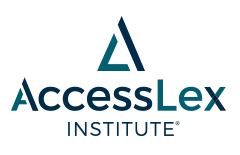
Bar Examinations and Bar Passage
Raising the Bar: A Social Science Critique of Recent Increases to Passing Scores on the Bar Exam
Document Type
Journal Article
Publication Date
1-2001
Keywords
minimum competence, cut scores
Abstract
More than one quarter of all states have toughened bar exam standards in recent years, with other states poised to follow suit. About one-third of exam takers from ABA-accredited schools now fail the bar exam on the first attempt. Many of these students would have passed the bar five years ago, before states started raising their passing scores. These higher passing scores raise important policy issues about competition, diversity, and access in the legal profession. In many states, moreover, the new scores rest on a flawed statistical process. Bar examiners, unaware of these defects, are setting arbitrary passing scores that most likely exclude qualified applicants. This article explores both the policy issues surrounding recent increases to bar passing scores and the methodological defects in the statistical process used to set those scores. The analyses are important, not only for assuring fair access to the legal profession, but as a case study of the ways in which flawed statistical processes can affect policy outcomes.




